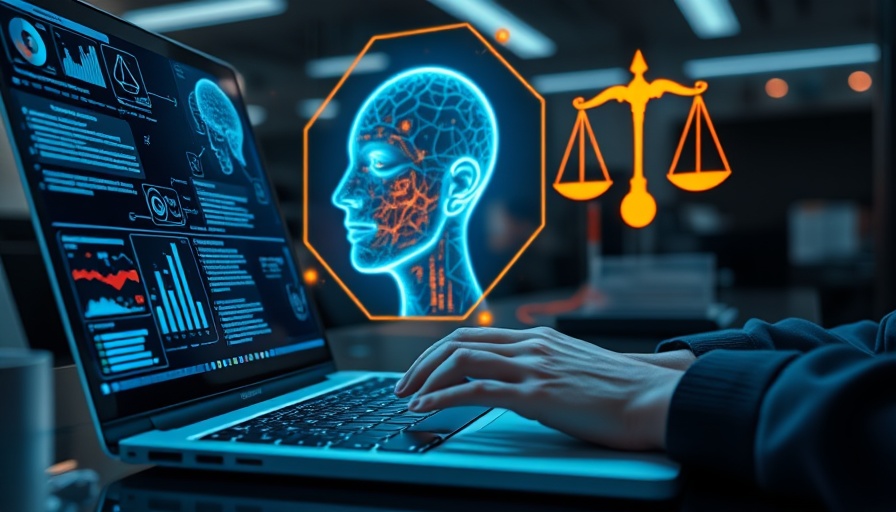
Embracing AI Agents in the Workforce
The integration of AI agents into the workforce is more than a technological shift; it's a fundamental transformation in how organizations operate. As AI begins working alongside human employees, creating a collaborative environment is crucial for maximizing efficiency and innovation. This evolution also presents unique challenges for HR professionals tasked with managing these digital colleagues. They must approach AI as a form of talent rather than just technology, ensuring it enhances rather than disrupts established operations.
Shifting Paradigms: From Tools to Team Members
Historically, AI has been viewed as a set of tools—software that can automate tasks or perform analysis. However, as these AI agents evolve into active workforce participants, HR must redefine their role and operational frameworks. This includes reevaluating onboarding processes for AI agents to ensure they integrate smoothly into existing team dynamics. Participation in performance management, considering agents' intellectual contributions, and aligning their objectives with company goals can lead to improved collaboration and productivity.
Strategizing Agent Onboarding
Just as human employees undergo orientation, AI agents require structured integration. Organizations need to consider the costs and responsibilities linked to AI deployment, establishing clear performance expectations and access rights. A proper onboarding strategy helps mitigate potential inefficiencies stemming from misunderstandings about the roles of AI agents. This will not only streamline their functionality but also ensure that they align with corporate culture and objectives.
Governance: A Crucial Intersection of HR and IT
The collaboration between Human Resources (HR) and Information Technology (IT) is more important than ever. As AI agents are introduced, they need structured oversight to secure sensitive data access and ensure compliance with governance policies. Unlike their human counterparts, these AI entities operate around the clock and can process vast amounts of data. Without appropriate governance, there can be risks associated with unauthorized data access, security breaches, or unintended decision-making outcomes.
Fostering a Culture of Continuous Learning
As organizations look toward the future, HR must help employees build the skills necessary to work effectively alongside AI agents. By cultivating a culture of continuous learning, including training in AI prompt engineering and data handling, HR ensures that employees feel empowered and equipped to innovate. This strategic investment can lead to an environment where employees see AI as an enhancement to their capabilities, opening up new possibilities for organizational growth.
In conclusion, as AI agents become integral to workforce structure, it is crucial for HR professionals to adapt their practices. By treating AI as valuable talent, developing effective onboarding processes, and fostering collaborations between HR and IT, organizations can harness the full potential of these digital colleagues. Embracing these changes not only equips firms to thrive in a competitive landscape but also leads to enhanced performance across the board.
 Add Row
Add Row  Add
Add 




 Add Row
Add Row  Add
Add 

Write A Comment